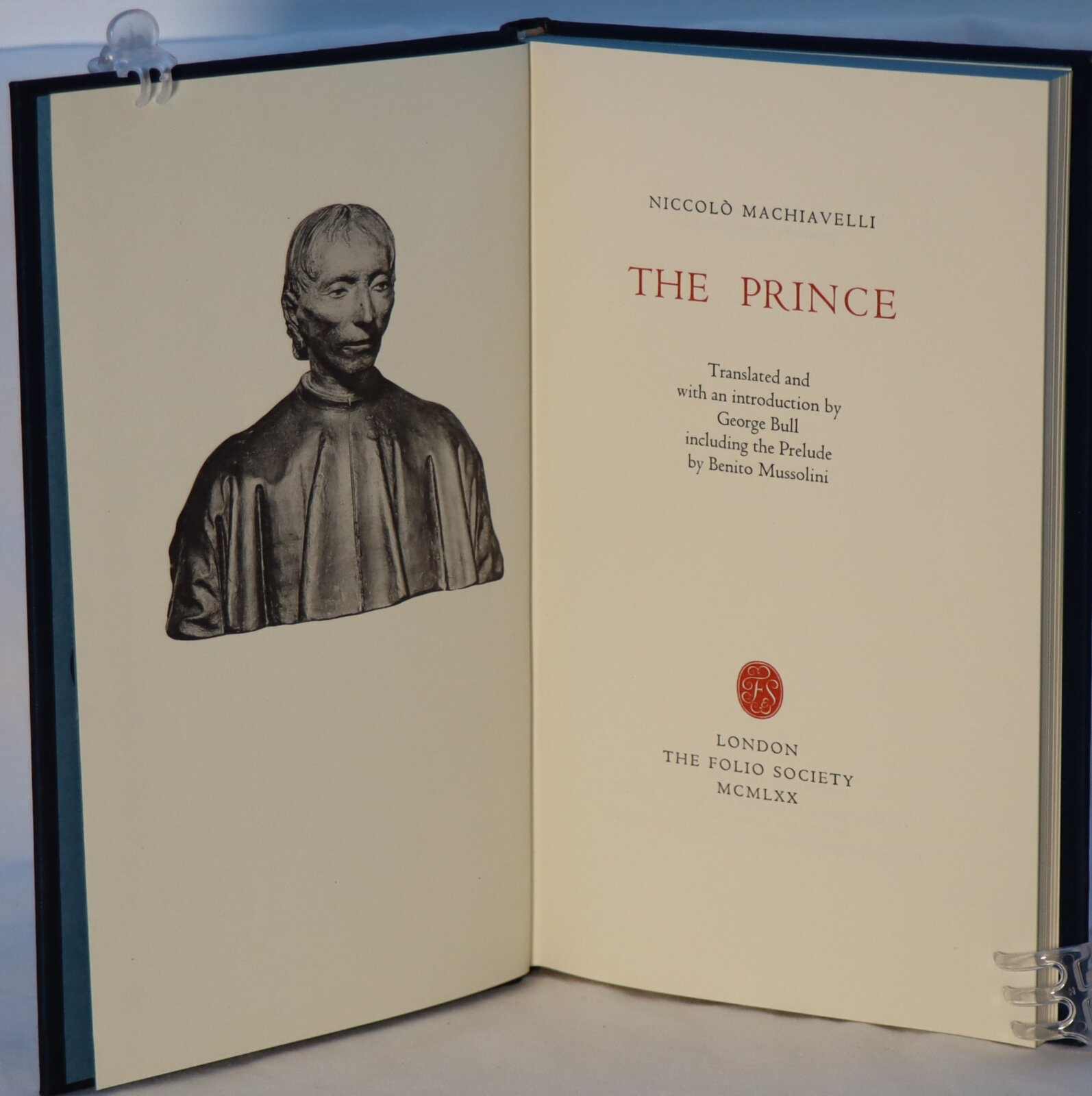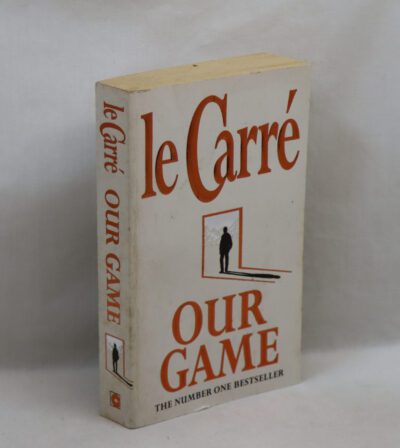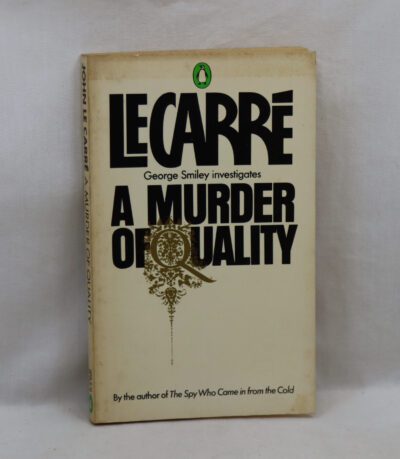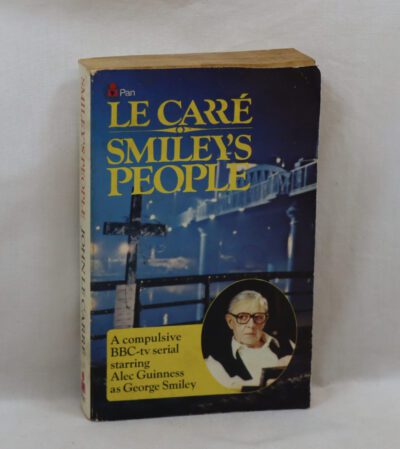Machiavelli. The Prince.
By Niccolo Machiavelli
ISBN: 9781108667845
Printed: 1970
Publisher: Folio Society. London
| Dimensions | 14 × 23 × 2 cm |
|---|---|
| Language |
Language: English
Size (cminches): 14 x 23 x 2
Condition: Fine (See explanation of ratings)
Your items
Item information
Description
In a fitted box. Navy cloth binding with gilt design on the front board. Gilt title and design on the spine.
F.B.A. provides an in-depth photographic presentation of this item to stimulate your feeling and touch. More traditional book descriptions are immediately available.
A Great Folio Edition
The Prince is an extended analysis of how to acquire and maintain political power. It includes 26 chapters and an opening dedication to Lorenzo de Medici. The dedication declares Machiavelli’s intention to discuss in plain language the conduct of great men and the principles of princely government. He does so in hope of pleasing and enlightening the Medici family.
The Prince is a 16th-century political treatise written by Italian diplomat and political theorist Niccolò Machiavelli as an instruction guide for new princes and royals. The general theme of The Prince is of accepting that the aims of princes – such as glory and survival – can justify the use of immoral means to achieve those ends.
From Machiavelli’s correspondence, a version appears to have been distributed in 1513, using a Latin title, De Principatibus (Of Principalities). However, the printed version was not published until 1532, five years after Machiavelli’s death. This was carried out with the permission of the Medici pope Clement VII, but “long before then, in fact since the first appearance of The Prince in manuscript, controversy had swirled about his writings”.
Although The Prince was written as if it were a traditional work in the mirrors for princes style, it was generally agreed as being especially innovative. This is partly because it was written in the vernacular Italian rather than Latin, a practice that had become increasingly popular since the publication of Dante’s Divine Comedy and other works of Renaissance literature.
The Prince is sometimes claimed to be one of the first works of modern philosophy, especially modern political philosophy, in which the “effectual” truth is taken to be more important than any abstract ideal. It is also notable for being in direct conflict with the dominant Catholic and scholastic doctrines of the time, particularly those concerning politics and ethics.
Although it is relatively short, the treatise is the most remembered of Machiavelli’s works, and the one most responsible for bringing the word “Machiavellian” into usage as a pejorative. It even contributed to the modern negative connotations of the words “politics” and “politician” in Western countries. In subject matter, it overlaps with the much longer Discourses on Livy, which was written a few years later. In its use of near-contemporary Italians as examples of people who perpetrated criminal deeds for politics, another lesser-known work by Machiavelli to which The Prince has been compared is the Life of Castruccio Castracani.
Niccolò di Bernardo dei Machiavelli (3 May 1469 – 21 June 1527), was an Italian diplomat, author, philosopher and historian who lived during the Renaissance. He is best known for his political treatise The Prince (Il Principe), written around 1513 but not published until 1532, five years after his death. He has often been called the father of modern political philosophy and political science.
For many years he served as a senior official in the Florentine Republic with responsibilities in diplomatic and military affairs. He wrote comedies, carnival songs, and poetry. His personal correspondence is also important to historians and scholars of Italian correspondence. He worked as secretary to the Second Chancery of the Republic of Florence from 1498 to 1512, when the Medici were out of power.
After his death Machiavelli’s name came to evoke unscrupulous acts of the sort he advised most famously in his work, The Prince. He claimed that his experience and reading of history showed him that politics have always been played with deception, treachery, and crime. He also notably said that a ruler who is establishing a kingdom or a republic, and is criticized for his deeds, including violence, should be excused when the intention and the result are beneficial to him. Machiavelli’s Prince has been surrounded by controversy since it was published. Some consider it to be a straightforward description of political reality. Others view the Prince as a manual, teaching would-be tyrants how they should seize and maintain power. Even into recent times, some scholars, such as Leo Strauss, have restated the traditional opinion that Machiavelli was a “teacher of evil”. The term Machiavellian often connotes political deceit, deviousness, and realpolitik.
Even though Machiavelli has become most famous for his work on principalities, scholars also give attention to the exhortations in his other works of political philosophy. While much less well known than The Prince, the Discourses on Livy (composed c. 1517) has been said to have paved the way for modern republicanism. His works were a major influence on Enlightenment authors who revived interest in classical republicanism, such as Jean-Jacques Rousseau and James Harrington. Machiavelli’s political realism has continued to influence generations of academics and politicians, including Hannah Arendt and Otto von Bismarck.
Condition notes
Want to know more about this item?
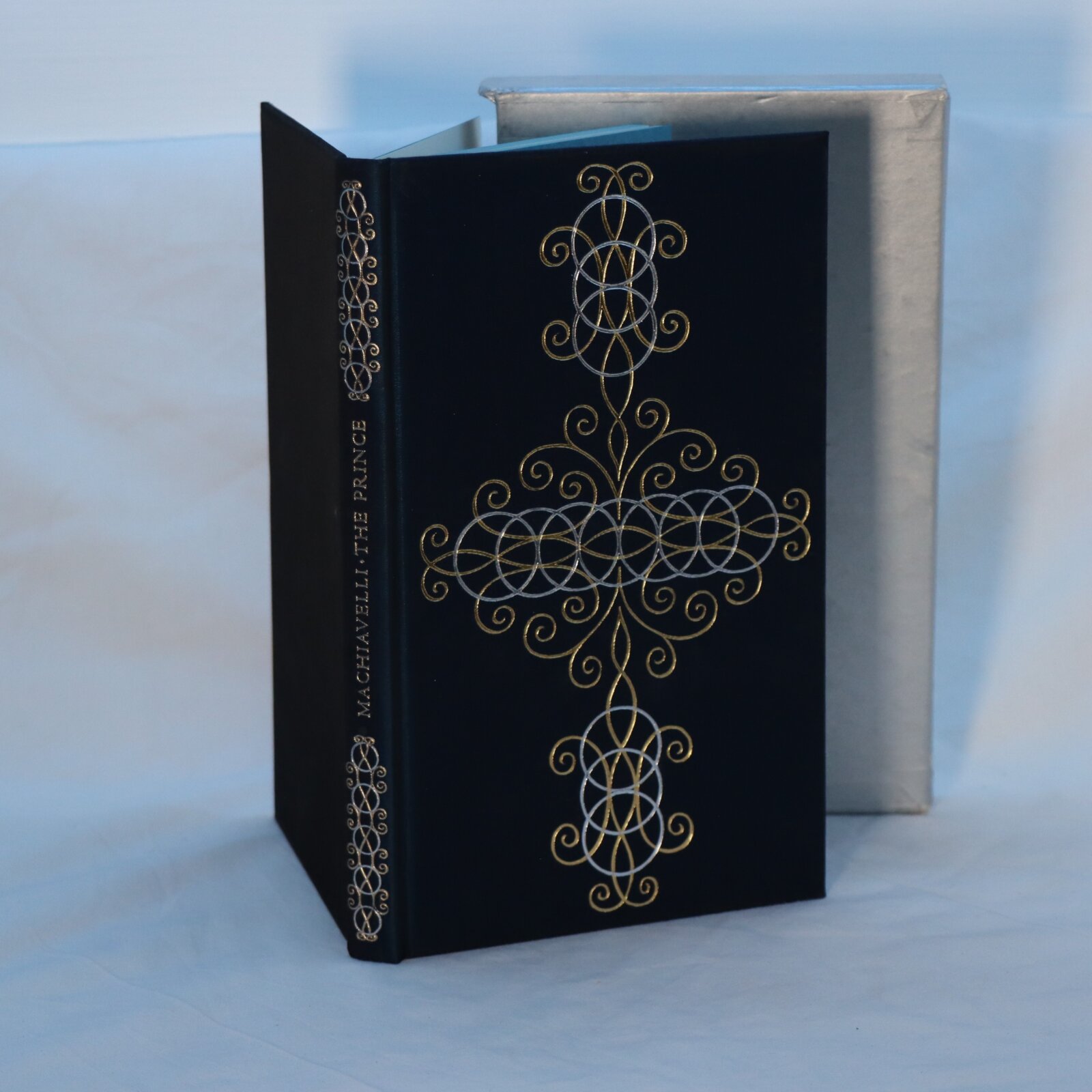
Share this Page with a friend

